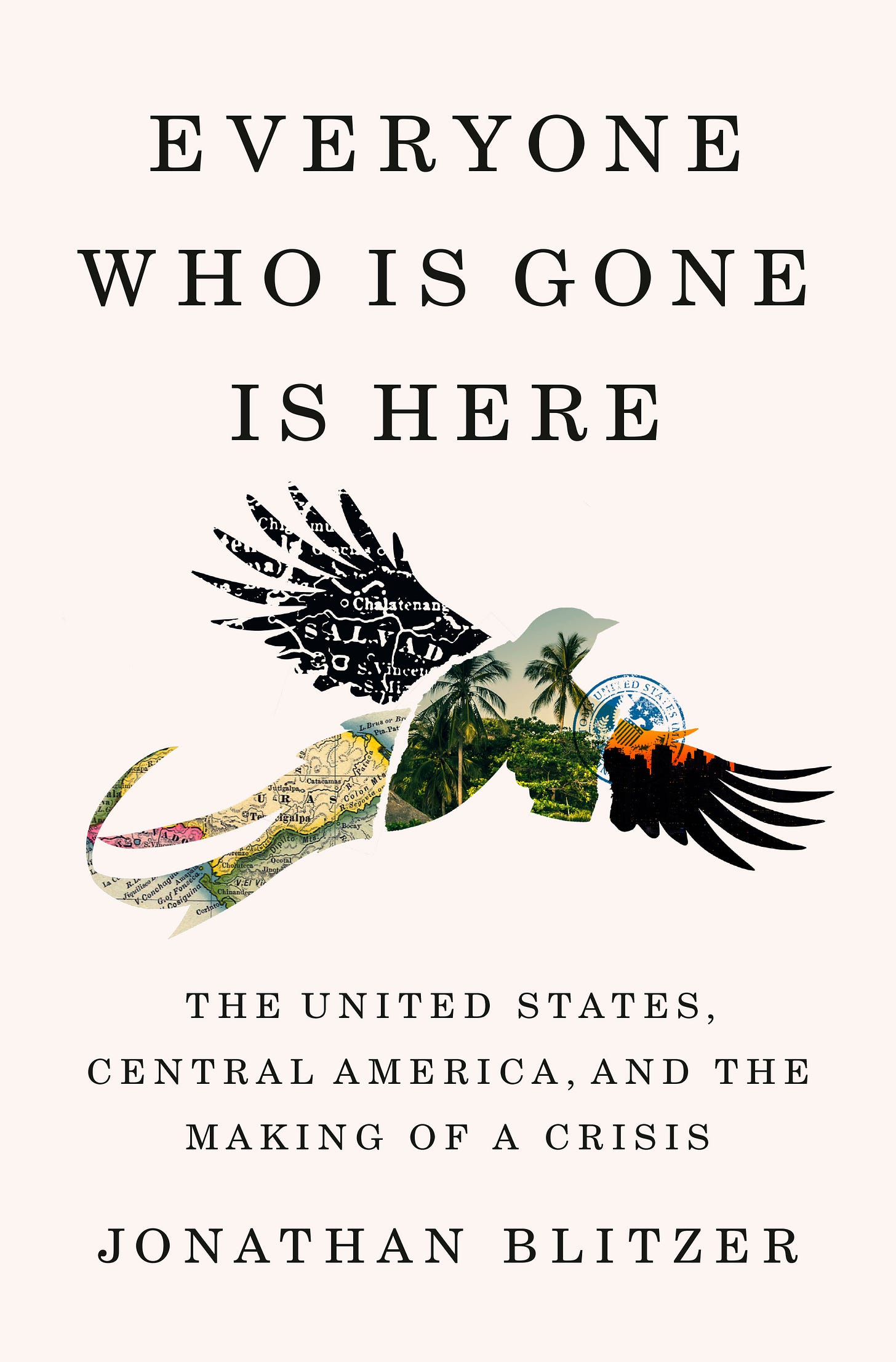The foreign policies and strategic pretentions of the United States have had profound and generally corrosive consequences, in the last fifty years, on the three small countries of northern Central America—El Salvador, Guatemala, and Honduras. Less understood has been the considerable significance these countries have had for US immigration and the social dynamics of many parts of the United States. Large in ambition and scope, Jonathan Blitzer’s new book, Everyone Who Is Gone Is Here: The United States, Central America, and the Making of a Crisis, is an epic account of misguided American policies and ensuing cycles of mass migration and callous repatriation that have bound the countries together. The book arrives just as border security has become a central concern for President Biden as he contends for reelection against former President Trump. It offers a compelling reminder that the border issues confronting Biden have their origins in US foreign interventions of the past, and they have vexed administrations in Washington, both Democratic and Republican, for decades.
Keep reading with a 7-day free trial
Subscribe to Book Post to keep reading this post and get 7 days of free access to the full post archives.



